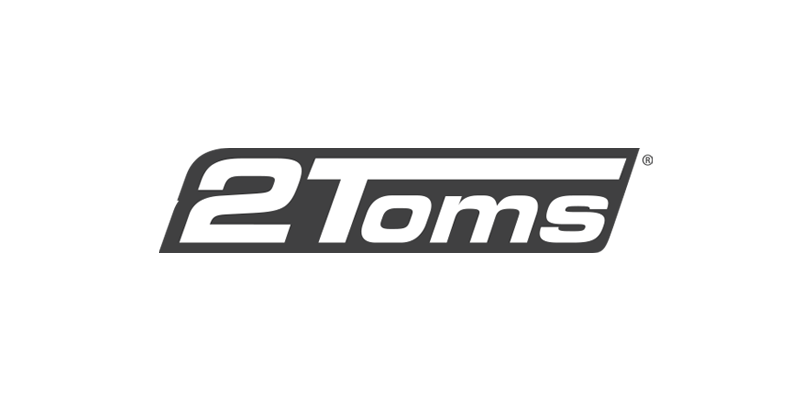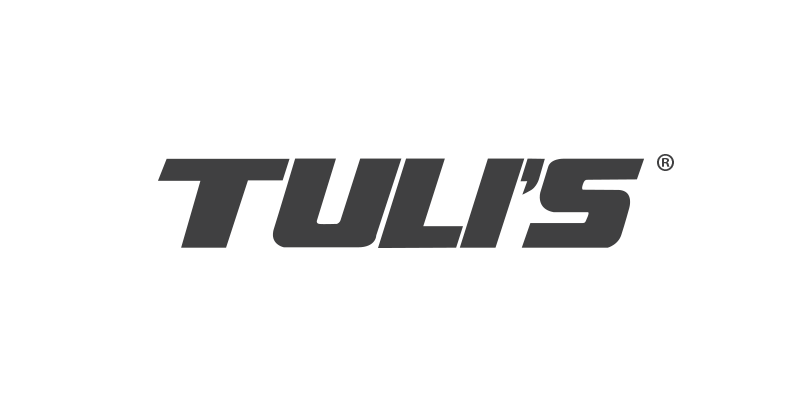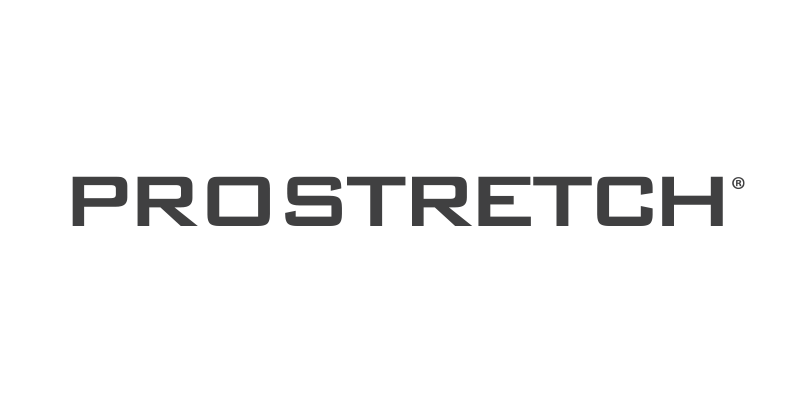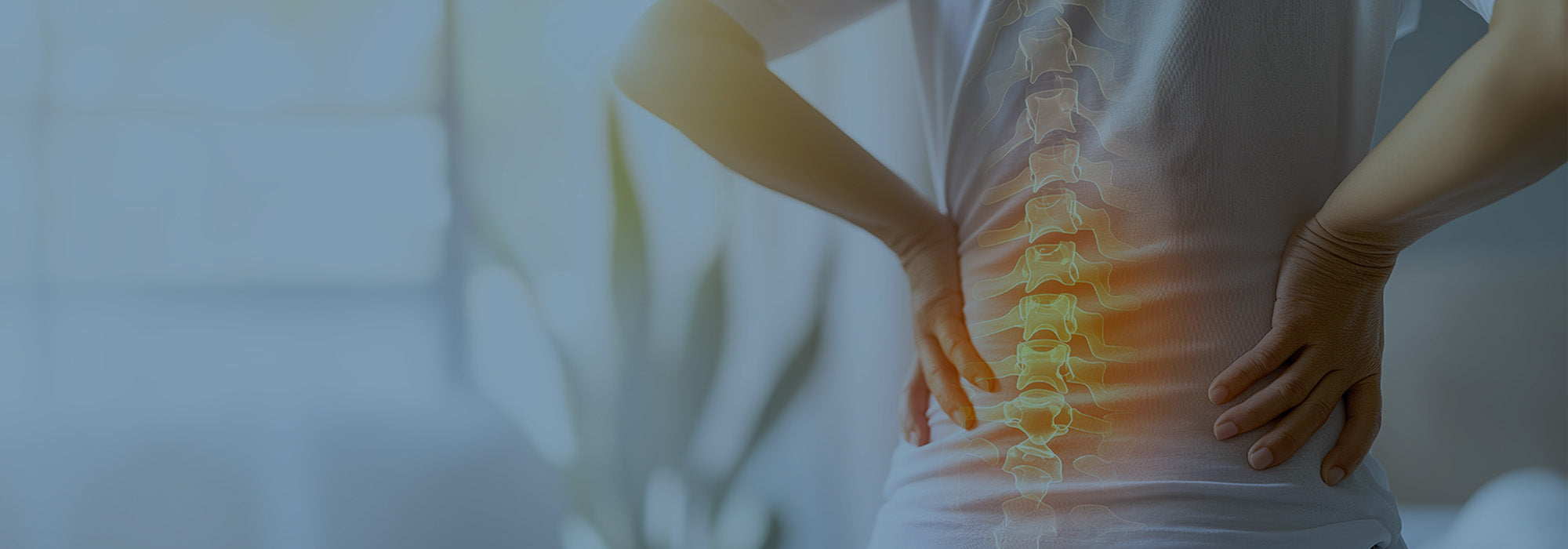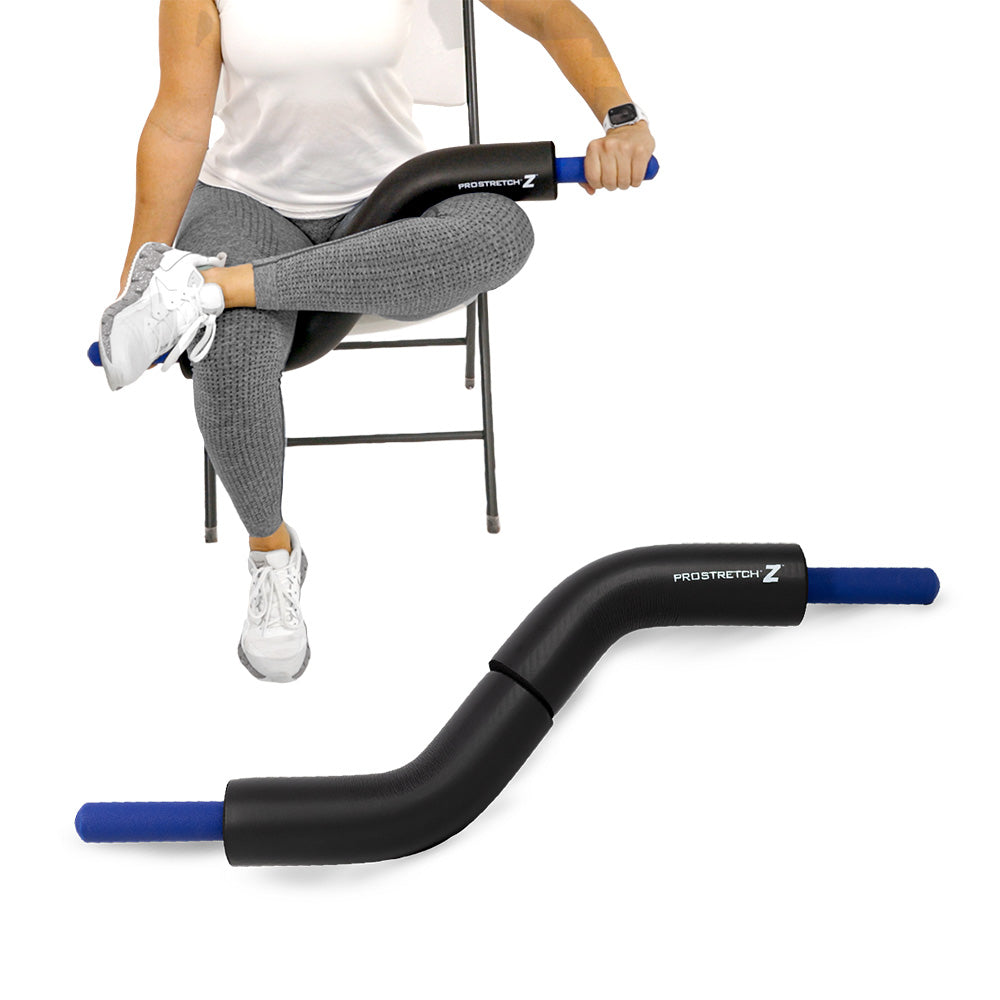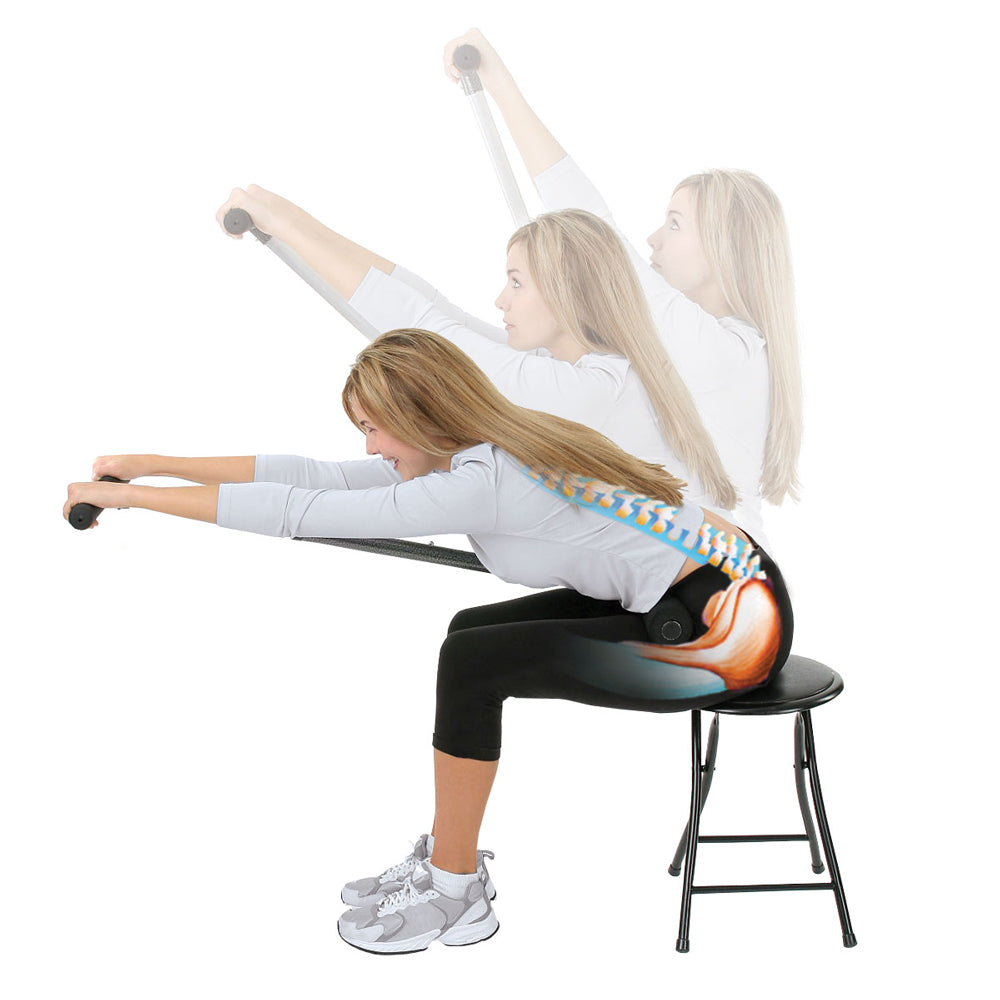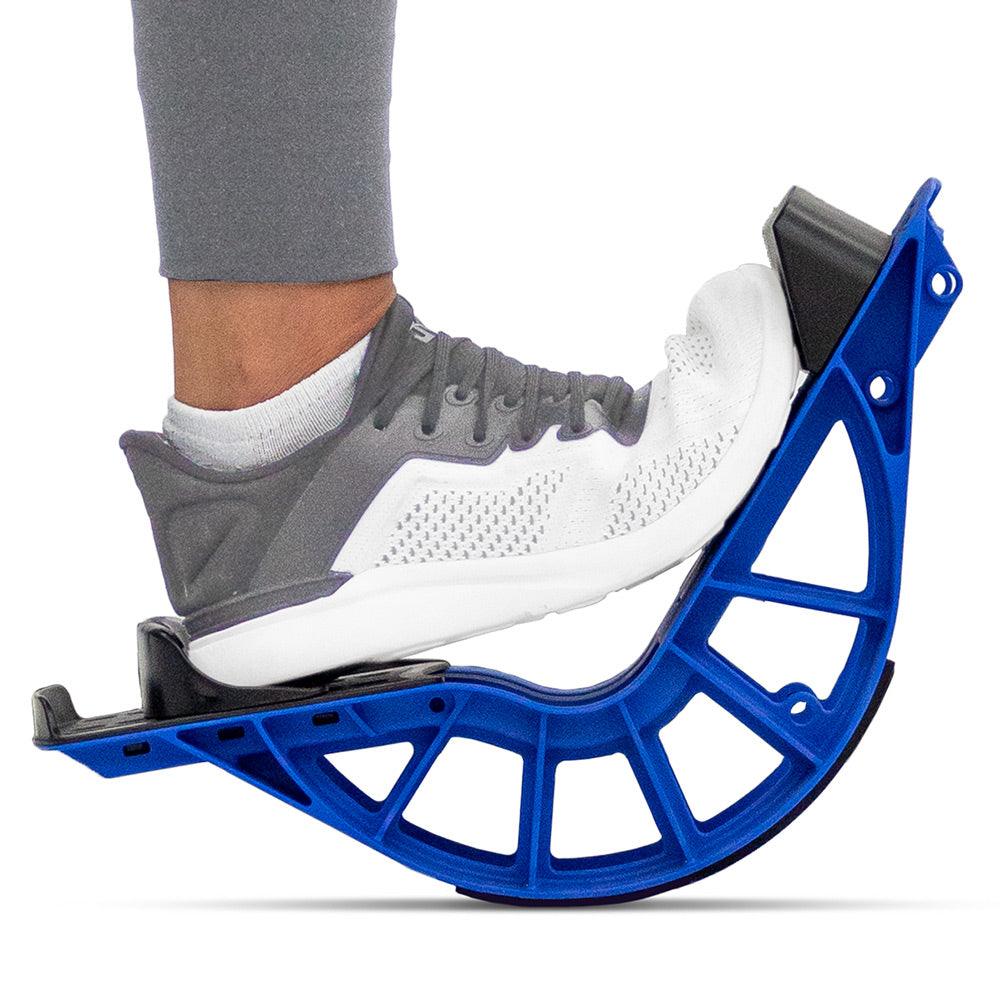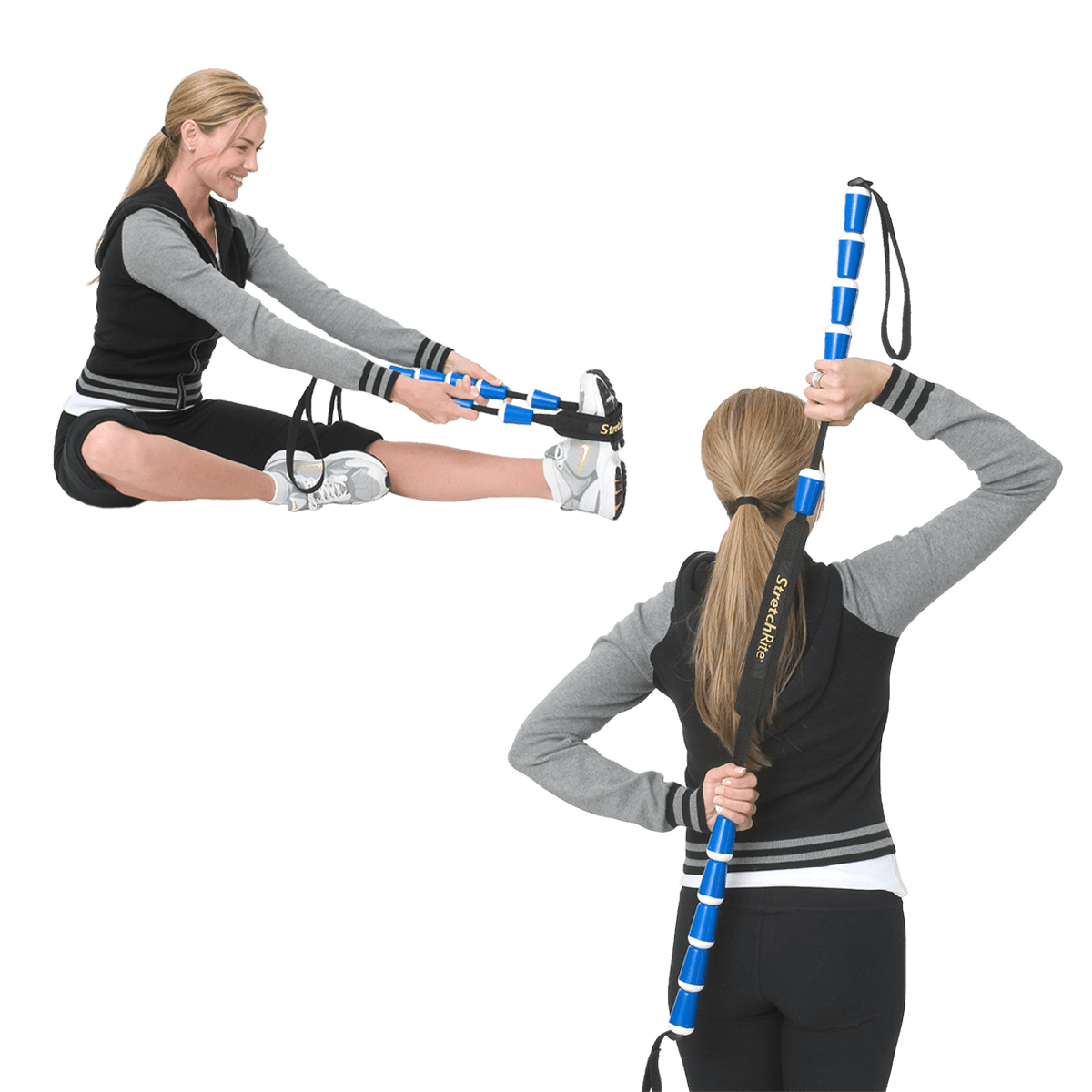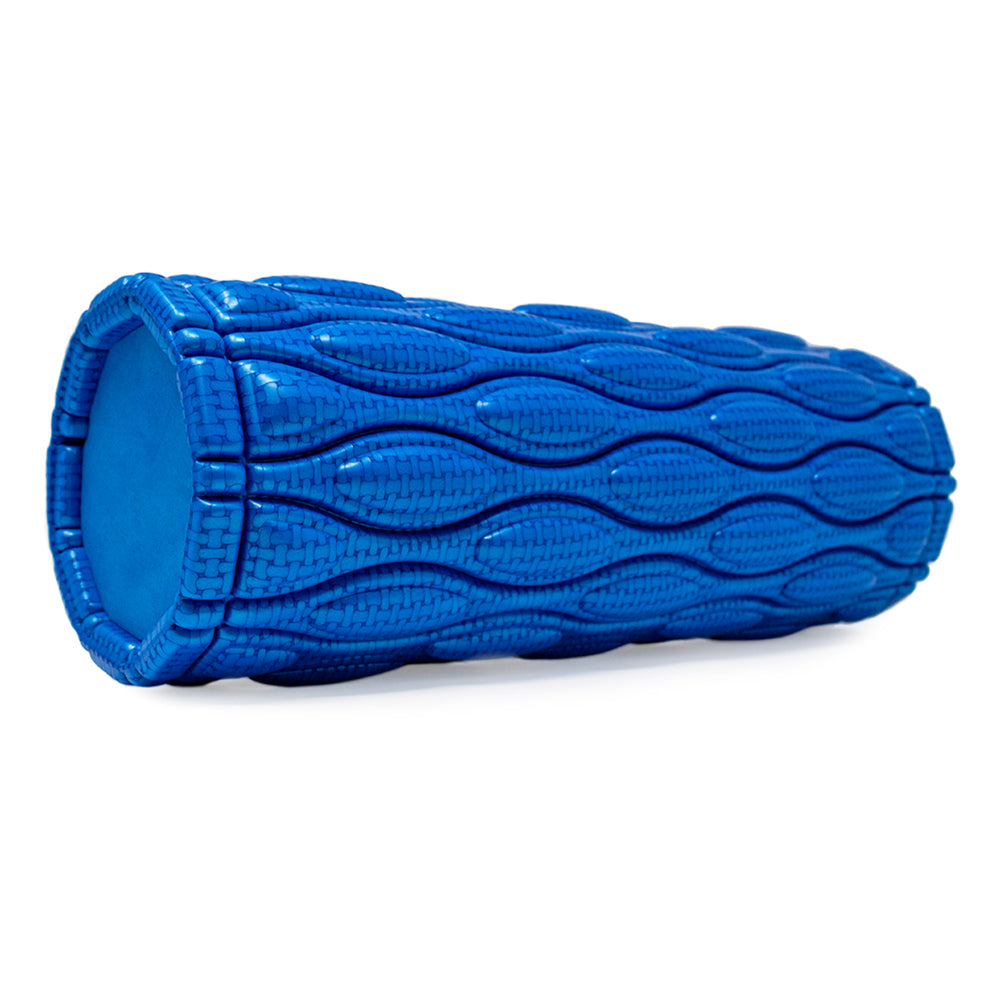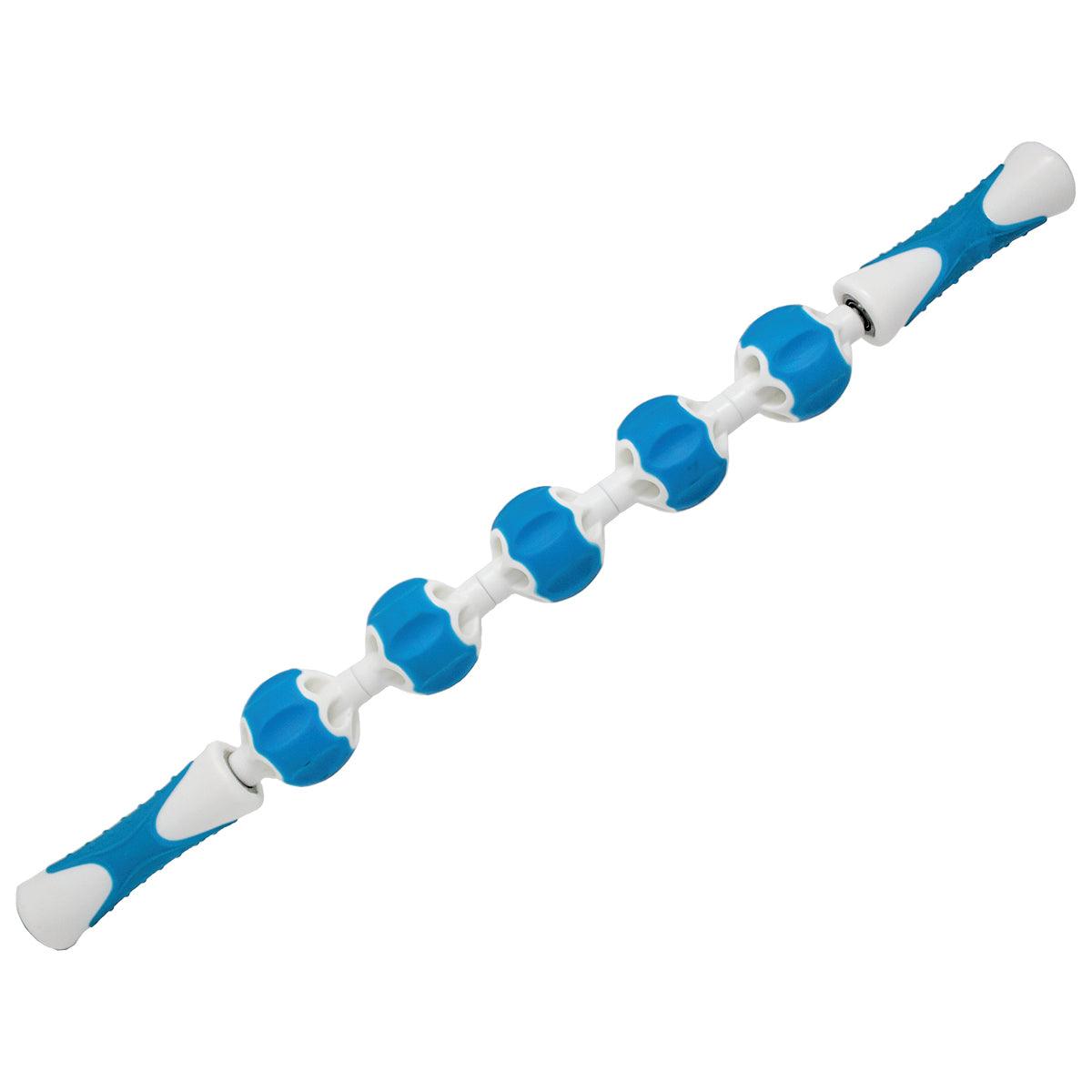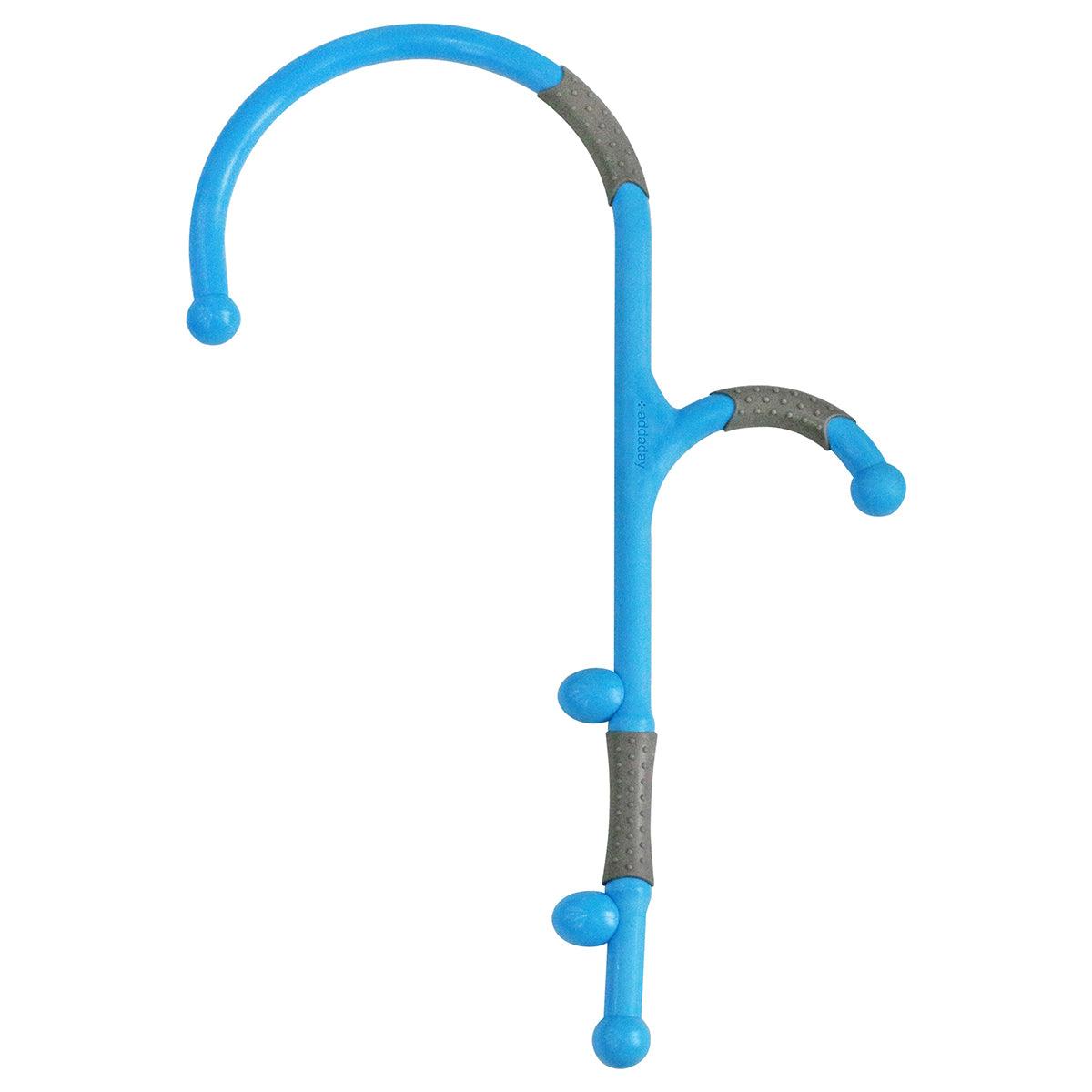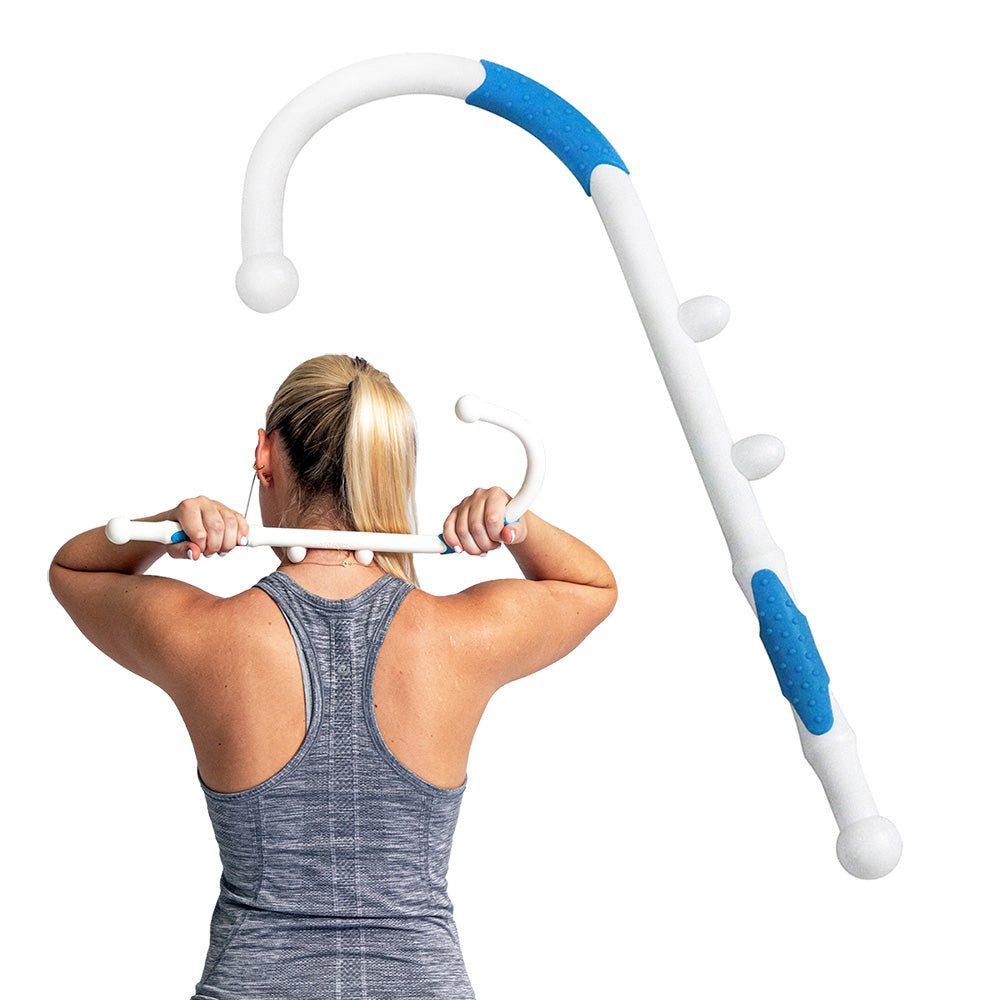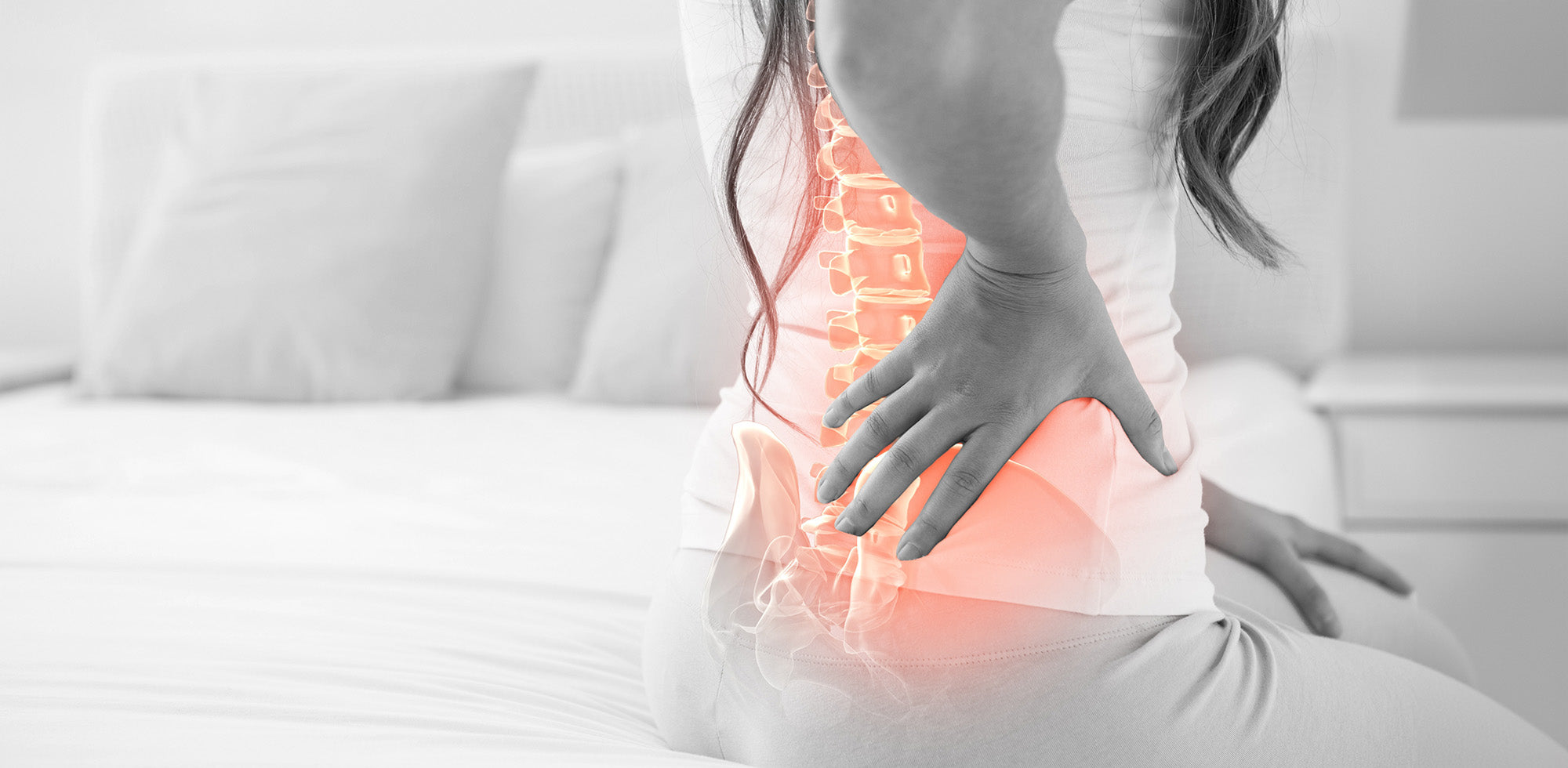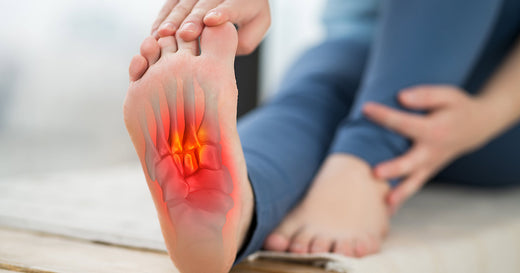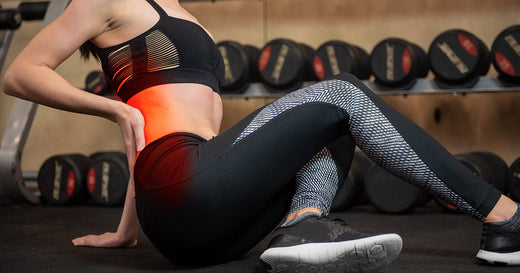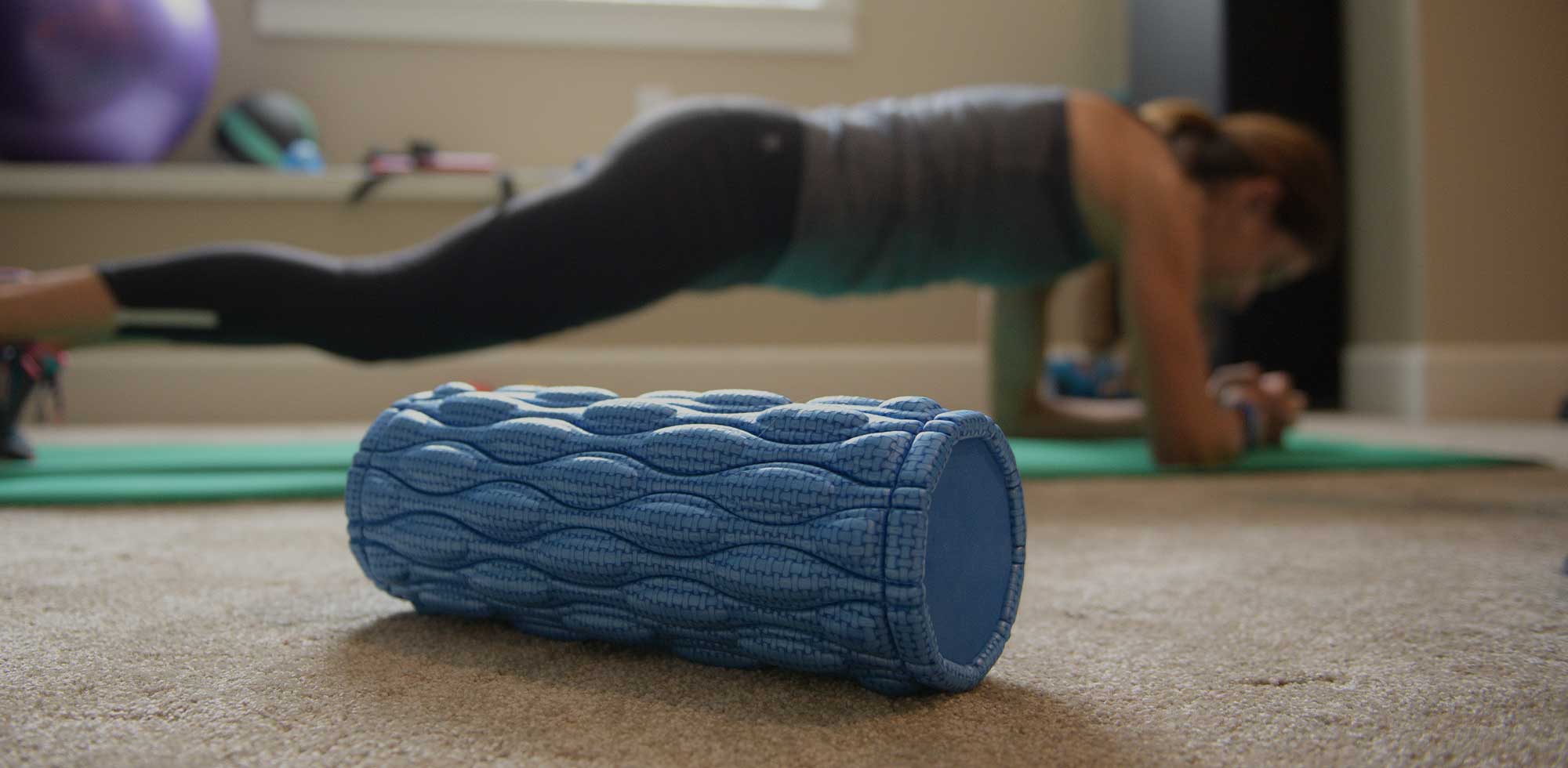Lower back pain is a very common medical issue. Most people will suffer from lower back pain at least once in their life, often requiring a visit to the doctor, but not necessarily every time. The good news is that understanding what some lower back pain causes and symptoms are can help you to seek the proper treatment. Please see our lower back pain exercises for helpful tools for pain relief.
Click on Causes, Symptoms, and Treatments tab below to learn more.
Causes
Lower Back Pain Causes
There are many lower back pain causes, making lower back pain a very common issue. Some of the causes of lower back pain are unavoidable, but even if you already have lower back pain, taking immediate action and understanding the root cause will prevent further pain.- Muscle strains – Strains in the back muscles often occur when you lift a heavy object, make a sudden awkward move, or are not in shape for that type of lifting.
- Arthritis – In some situations, osteoarthritis affects the lower back and can even lead to spinal stenosis.
- Osteoporosis – If you suffer from osteoporosis, the weak bones can cause compression fractures of the spine, resulting in pain.
- Excessive Weight – Overweight individuals tend to suffer more often from lower back pain symptoms than do those of a healthy weight, due to the extra pressure put on their bodies.
Symptoms
Lower Back Pain Symptoms
Many lower back pain symptoms go ignored because individuals do not understand that they are experiencing a symptom of a possibly larger issue. If you feel the symptoms of lower back pain, seek out a physician who can help you to find the treatment solutions. Some common lower back pain symptoms include:- Constant or random aching in the muscles of the lower back
- Shooting or stabbing pain
- Pain that shoots from the hip down the leg
- Limited flexibility of the back
- Difficulty standing or sitting straight up
- Bowel or bladder problems
- Throbbing in the abdomen
Treatments
Lower Back Pain Treatment
Treatment for lower back pain can vary and depends on the underlying cause. You may want to consider physical therapy techniques such as stretching and strengthening of the muscles along the posterior chain, which includes calves, glutes, hamstrings, and back. These techniques have been proven to be beneficial for many individuals with lower back pain by restoring muscle balance, strength, and flexibility.
FOR LONG-TERM HEALING
Stretching and Strengthening Products:
Stretching and strengthening exercises are beneficial for back pain. Firstly, targeted stretching helps improve the flexibility of the muscles and tendons around the lower back, reducing stiffness and enhancing range of motion.
Strengthening exercises, on the other hand, work to build the resilience and endurance of the muscles, providing better support to the joints and helping prevent future injuries. Additionally, a well-rounded stretching and strengthening regimen can improve overall muscle balance, alleviate muscle imbalances that may contribute to back pain, and promote better functional movement, aiding in the recovery process for lower back pain.
Recommended products:
 ProStretch® CoreStretch® ★★★★★ CoreStretch delivers a deep and effective stretch for all lower back muscles as well as the hamstrings and hips! Originally developed for use by physical therapists, CoreStretch was designed with the understanding that all action initiates from the body’s trunk (or core). |
 NEW ProStretch® Z™ Designed to aid in the stretching and strengthening of the lower back, hips, and pelvis. It focuses on relieving discomfort from conditions like sciatica, Piriformis syndrome, and lower back tightness by enhancing flexibility, correcting muscular imbalances, and facilitating Muscle Energy Techniques (METs) for pelvic alignment. |
 ProStretch® Plus ★★★★★ The patented ProStretch Plus rocker design automatically holds your foot in the optimal position for providing an accurate and efficient calf stretch. that can help. Stretching the calf muscles can help mitigate back pain by correcting muscular imbalances and enhancing posture and alignment. |
Massage Products:
Massaging helps to relax tight muscles and release tension, reducing overall discomfort and promotes a greater range of motion. A targeted massage can address specific trigger points or knots in the muscles, contributing to pain relief and enhancing the overall recovery from lower back pain.
Recommended products:
 ProStretch® Type A+ Massage Roller ★★★★★ Delivers targeted myofascial release, reducing muscle tightness and promoting flexibility. Its design allows for effective targeted self-massage, helping to alleviate discomfort associated with back pain. |
 ProStretch® Nonagon Foam Roller The textured 9-sided foam roller design with a solid EVA foam core connects with the fascia with precision and allows for a deeper, stable, and secure roll. |
 ProStretch® Knot Bad Massage Cane ★★★★★ With five massage knobs on the shaft The ProStretch Knot Bad is the ideal tool for releasing myofascial trigger points for a deep tissue massage. Use it to massage your shoulders, upper back, and lower back. |
 ProStretch® Mini Knot Bad Massage Cane ★★★★★ Features four massage knobs and a comfortable grip that makes self-massage easy. The massage knobs are ideal for releasing myofascial trigger points and a deep tissue massage of the back and neck. |
 ProStretch® Hexi Mini Foam Roller It is the ideal trigger point massage tool to help alleviate muscle soreness, tightness, and tiredness. Small and compact, the Hexi foam roller features a textured 6-sided design with a solid foam core and can be used just like a standard-sized roller. |
How to Prevent Lower Back Pain
To prevent lower back pain, do the following:
- Keep a healthy weight.
- Exercise daily to strengthen your core and back muscles.
- Use good posture during daily activities.
- When lifting heavy objects, it is important to utilize correct body mechanics.
- Take frequent breaks to stretch and move.
- Sleep on a supportive mattress.
These steps will reduce strain on your lower back, promote spinal health, and lower your risk of experiencing lower back pain. Prevent lower back pain by maintaining a healthy weight, exercise regularly to strengthen your core and back muscles, practice good posture during daily activities, use proper body techniques when lifting heavy objects, take frequent breaks to stretch and move, sleep on a supportive mattress, stay hydrated, quit smoking to improve spinal health, manage stress through relaxation, and be aware of any signs of discomfort or pain. These measures collectively reduce strain on the lower back, promote spinal health, and minimize the risk of experiencing lower back pain.
PLEASE NOTE: The information on this website and article is for information only and should not be used as a substitute for consulting your doctor. Consult your doctor for proper diagnosis and rehabilitation.
